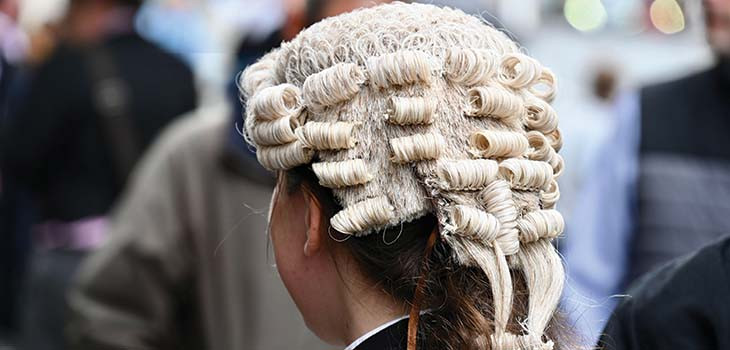
Payne J in 1976, dealing with a costs appeal, said: ‘Paying low fees could work against the public good’. He added: ‘It was important to reach a proper balance between preventing litigation becoming so expensive as to make justice unattainable by many members of the public and the factor of providing that solicitors and counsel should be adequately remunerated’. That paragraph could almost have been a quote from the Woolf or Jackson proposals. A few years later Lord Denning famously called the whole subject of legal costs ‘an ungodly jumble’ and trying to make sense of that jumble has occupied costs professionals for decades. One basic factor since 1976 remains unchanged: solicitors just want a fair and reasonable return for the time and effort put into keeping in place a system of civil litigation of which practitioners are rightly proud. Achieving that aim will require the services of costs professionals for years to come. Although









